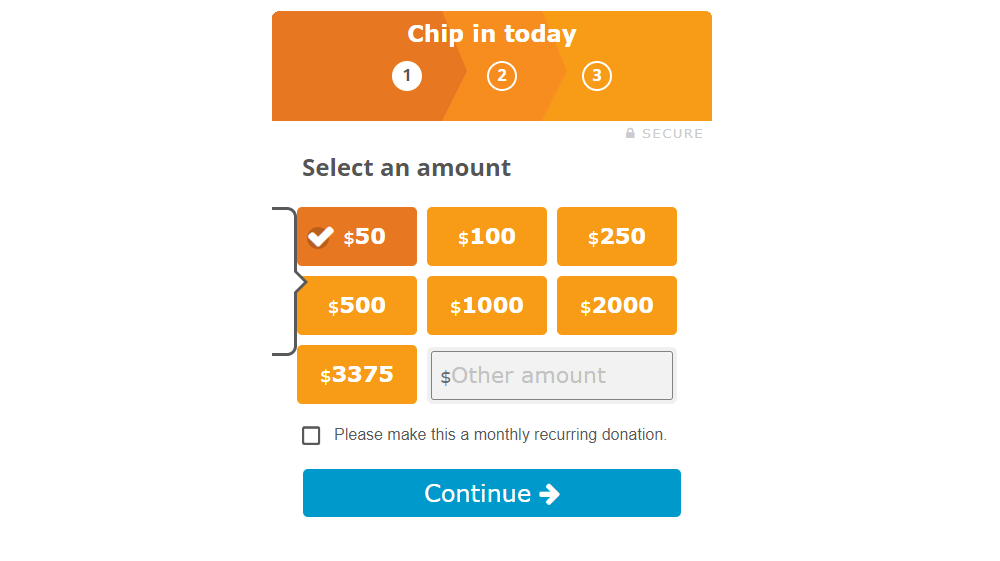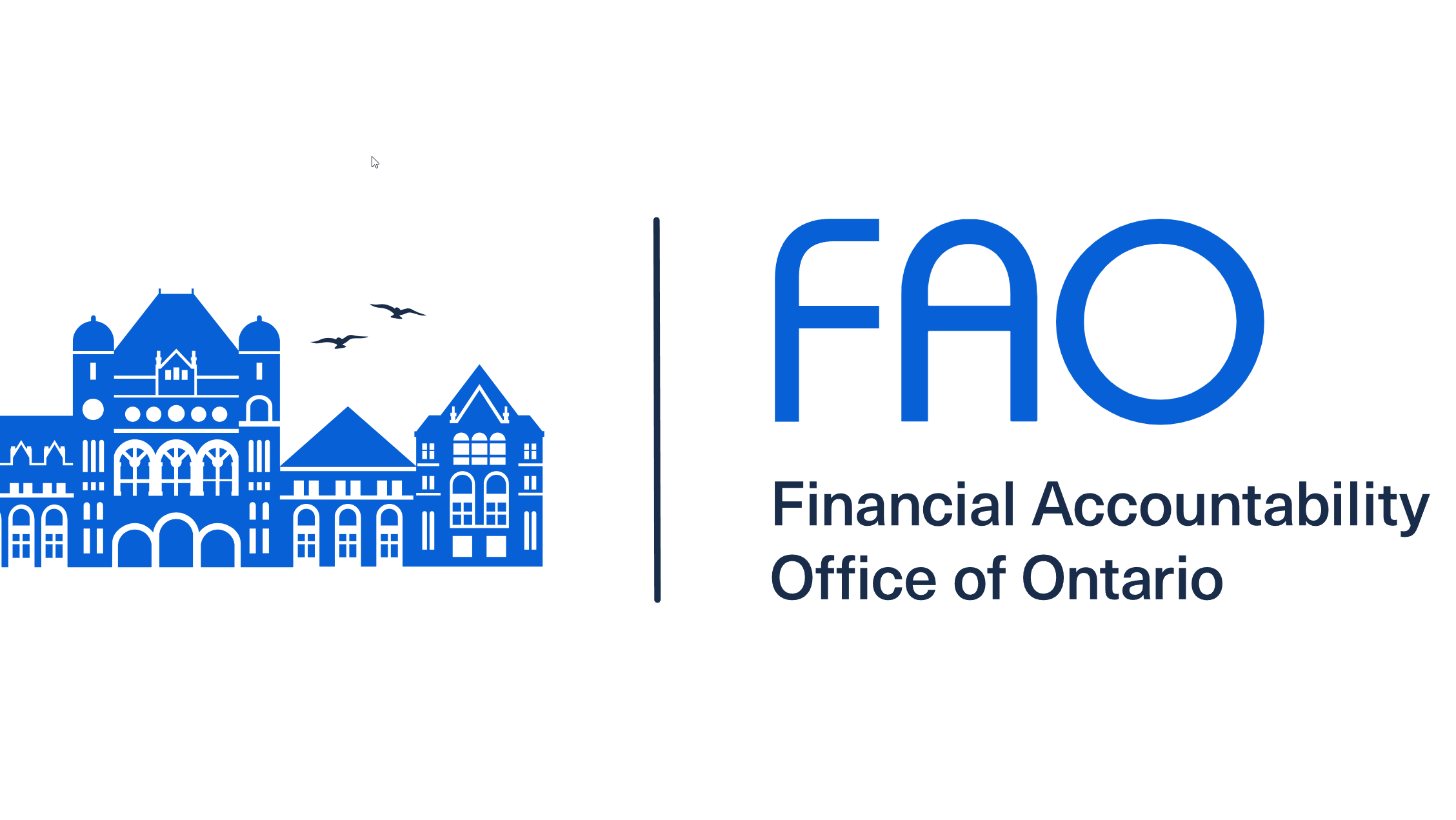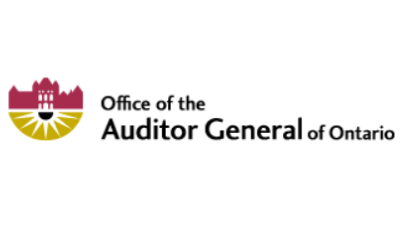A brief is a written submission that provides your opinions, comments and recommendations on a subject being studied by a Legislative committee.
Any individual, group or organization may submit a brief to a committee, even if they are not given the opportunity to appear before the committee.
Committees of the Legislative Assembly of Ontario are small working groups created by the House consisting of a limited number of Members of Provincial Parliament (MPPs) who study bills or issues, under the committee’s mandate, on specific topics and in greater detail and report back to the House. They execute a large portion of political work.
More: All committee documents (transcripts, reports, etc.)
How to submit a brief
Select the committee from the Current Committees list and go to the Notice of Hearings tab for upcoming hearing dates, deadlines and locations.
If you want to comment on a particular bill or issue, send your written submissions through the online submission form. Documents should deal specifically with the issue the committee is considering. All material must be submitted by the advertised deadline.
Or by mail to:
Procedural Services Branch
Whitney Block
Room 1405
99 Wellesley St. W
Toronto, ON M7A 1A2
Telephone: 416-325-3500
Fax: 416-325-3505
TTY: 416-325-3538
Questions? Contact the clerk of the committee.
You can also take part in the committee process by:
Example briefs
Recommendations for the Ontario Budget
256 witnesses appeared before the Committee and 100 written submissions were received from individuals and groups who did not appear before the Committee.
Witnesses included representatives of:
- Individuals
- Doug Jones
- Kate Chung
- June Weiss
- Association of Municipalities Ontario
- Automotive Industries Association of Canada
- Beef Farmers of Ontario
- City of Kingston
- Kingston Frontenac Public Library
- Council of Ontario Universities
- North Bay Pride
- ODSP Action Coalition
- Spirits Canada
These briefs and witness presentations resulted in the Pre-Budget Consultation 2024 report by the by the Standing Committee of Finance and Economic Affairs which made recommendations to the Legislative Assembly of Ontario.
The Committee heard from local health coalitions who urged the Province to make significant investments in publicly delivered health care services. They described a health care system in crisis and raised concerns about privately delivered health care, suggesting these services are less cost-effective. They also raised concerns about hospital unit closures and the use of forprofit surgical clinics. Other organizations and individuals made similar observations, with one individual writing to the Committee to explain that Haliburton Highlands Health Services’ permanent closure of the Minden emergency department exemplifies the challenges facing the health care system and ask for a comprehensive approach to prevent further closures.
Spirits Canada expressed support for efforts to modernize the retail model for alcoholic beverages. They urged Ontario to
permit spirit sales in retail settings outside the LCBO, and to reduce taxation of Ontario-produced spirits.
The Hamilton Roundtable for Poverty Reduction was among numerous witnesses who requested substantial increases to the Ontario Disability Support Program (ODSP) and Ontario Works (OW) rates.15 The Income Security Advocacy Centre called for a doubling of ODSP and OW rates, and indexing OW rates to inflation (as the Province has done for ODSP). The ODSP Action Coalition called for combining basic needs and shelter allowance components into one amount, irrespective of clients’ living arrangements. Feed Ontario spoke about the
increased numbers of Ontarians relying on foodbanks. They made recommendations directed at investing in vulnerable Ontarians, including increasing the monthly earnings exemption for OW to match the increase provided for ODSP.17 An individual told the Committee that persons with disabilities live in a state of constant worry about how to provide for themselves and their families. In addition to requesting a doubling of ODSP rates, the witness asked Ontario to ensure that payments under the new Canada Disability Benefit are treated as exempt and not deducted from ODSP benefits.
Types of committees
Standing committees exist for the duration of a Parliament. There are nine Standing Committees of the Legislature, each composed of nine MPPs from the political parties represented in the House. These committees deal with ongoing areas of legislative activity related to provincial responsibilities such as education and health care.
Select committees exist for a limited time to study a particular issue. These committees, usually composed of nine MPPs from the political parties represented in the House, are set up specifically to study certain bills or issues. Usually Select Committees examine material by a specific date and report back to the Legislature, after which the committee is dissolved.
Committee of the Whole House includes all Members of the Legislature and meets in the Chamber. The Deputy Speaker chairs the committee of the Whole House. This time allows MPPs to debate committee reports and make further comments on bills before a final vote.
Briefs become part of the public record
Documents or briefs submitted to committees of the Legislative Assembly of Ontario are considered public documents. They are made available to the public for inspection or for copying, so your name and submission may be made available on the Internet.



Comments
We want to hear from you! Share your opinions below and remember to keep it respectful. Please read our Community Guidelines before participating.